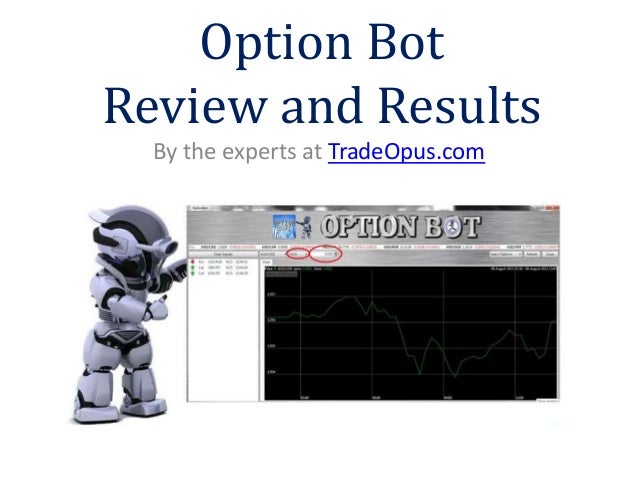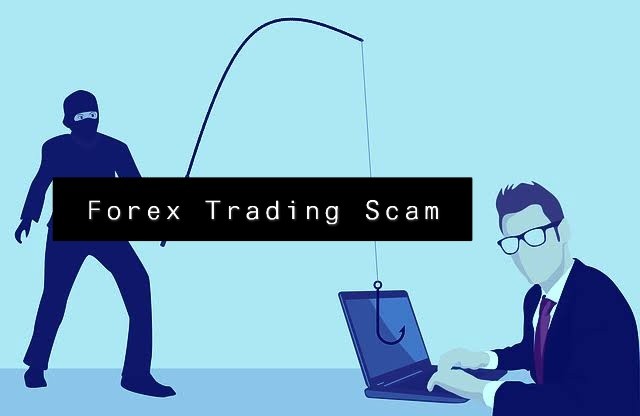Investing in options can be a lucrative endeavor, but it also carries significant risks, especially when dealing with unscrupulous actors. Option trading scams have become increasingly prevalent, targeting unsuspecting investors with the allure of quick and easy profits. This article will delve into the intricacies of option trading scams, exposing their modus operandi, warning signs, and providing you with the knowledge to protect yourself from falling prey to these deceptive schemes.

Image: yolafoq.web.fc2.com
The Allure of Option Trading and the Perils of Scams
Options offer investors the opportunity to amplify their returns and hedge against risk. However, the complexities of option trading can leave investors vulnerable to scams. Fraudsters exploit this vulnerability by creating sophisticated schemes designed to deceive and profit from unsuspecting individuals.
Modus Operandi of Option Trading Scams
Option trading scams typically follow a predictable pattern. Scammers may contact potential victims through unsolicited phone calls, emails, or social media messages, promising high returns with minimal effort. They often present themselves as experienced financial advisors or successful traders, leveraging their perceived credibility to gain trust.
Once trust is established, scammers may employ various tactics to deceive investors. Some common tactics include:
- Guaranteed Returns: Scammers may offer unrealistic or guaranteed returns, claiming they have a secret strategy or insider knowledge that ensures profits.
- False Trading Accounts: Scammers may create fake trading accounts to manipulate results and convince investors of their success.
- High-Pressure Sales Tactics: Scammers may use aggressive sales tactics to pressure investors into making quick decisions and committing funds.
- Unregistered Platforms: Scammers may operate through unregistered trading platforms, which lack regulatory oversight and legal protections for investors.
- Bonuses and Incentives: Scammers may offer attractive bonuses or incentives to encourage investors to deposit more funds.
Warning Signs of Option Trading Scams
Recognizing the warning signs of option trading scams is crucial for protecting yourself. Here are some red flags to watch out for:
- Unrealistic Promises: Beware of promises of unusually high returns or guaranteed profits, as they are often too good to be true.
- Unverified Trading Platforms: Always verify the legitimacy of a trading platform by checking if it is registered with relevant regulatory bodies.
- Aggressive Sales Tactics: Avoid brokers who pressure you into making quick decisions or who make it difficult to withdraw funds.
- Limited Background Information: Research the individuals and companies involved in the trading activity. Lack of transparency or credible backgrounds can indicate a scam.
- Negative Reviews: Check online reviews and forums to see if others have reported concerns or negative experiences with the trading platform or individuals involved.

Image: theforexscalpers.com
Protecting Yourself from Option Trading Scams
To minimize the risk of falling for an option trading scam, follow these protective measures:
- Educate Yourself: Gain a thorough understanding of option trading, its risks, and potential rewards.
- Verify Credentials: Check the registration and licenses of brokers and trading platforms with relevant regulatory bodies.
- Avoid Emotional Decisions: Do not make investment decisions based on emotions or high-pressure tactics.
- Be Cautious of Unsolicited Offers: Exercise caution when receiving unsolicited offers for option trading, especially if they promise high returns.
- Seek Professional Advice: Consult a reputable financial advisor to verify the legitimacy of an investment opportunity before committing funds.
Option Trading Scam

Image: investmenttotal.com
Conclusion
Option trading scams are a prevalent threat in the financial arena, but by being informed and armed with the right knowledge, you can protect yourself from falling prey to these deceptive schemes. Remember, investing involves risks, but fraud should not be one of them. By recognizing the warning






